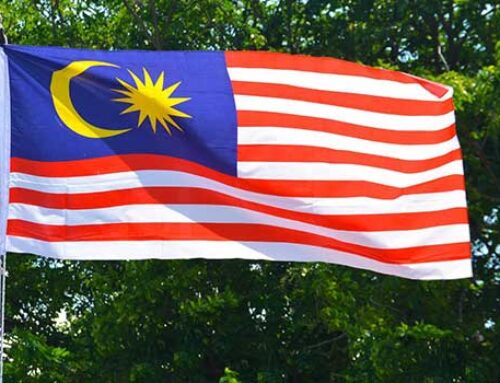Malawi’s mobile number portability (MNP) plans highlight key learnings for other nations
The Malawi Communications Regulatory Authority’s (MACRA) approach to the introduction of mobile number portability in the local market provides a positive example for other nations considering their own MNP implementations.
As MNP is already available to over half of the global population, it is understandable that some local regulators assume that an implementation in their territory should be straightforward. This can lead to a rushed approach that fails to take account of local market idiosyncrasies and, experience dictates, will be the source of issues further down the line.
MACRA has taken the opposite view, being keen to fully understand the implementation journey, to lean on global best practices in MNP service design and to ensure that all aspects of the implementation process have been considered before work begins.
To kick-start this, they invited Cenerva to deliver a Mobile Number Portability Masterclass to their own management team and board members, as well as the locally active mobile telecoms operators. Using the experience gained across 47 country MNP implementations, the Cenerva team highlighted the factors essential to a successful MNP launch. These include:
- Acceptance that a timeframe of between two and three years is required for the MNP process to be developed, tested, and launched
- Recognition that launching MNP is technically challenging, complex, and expensive for telecoms operators, meaning their buy-in from the outset is essential
- Requirement for clarity and stakeholder agreement on the desired customer and commercial outcomes of MNP
- Strong leadership from the regulator, as the owner of the development programme and ultimate guardian of customers’ interests
Drivers to implement Mobile Number Portability
In Malawi, as is the case in most territories, the main incentive to implement MNP is enhanced competition and the resultant improvements to customer choice and service that this can deliver. This is often pre-empted by interest from new telecom providers in entering the local market.
As mobile numbers play such a key role in the ability for consumers and businesses to communicate, the lack of number portability poses a very significant barrier to new market entrants, as well as reducing the level of account mobility amongst existing players. This can lead to a level of apathy amongst incumbent operators and poor outcomes for customers.

What customers want from MNP
In addition to the assumed benefits that come with greater competition and choice, private and business customers also demand:
- A simple process with porting in as short a time as possible – same day being the benchmark
- Secure and seamless transfers to new providers with minimal effort required to exit from the original operator
- Lowest possible charges for porting – failure to deliver this can undermine the central objectives for implementation
It’s important to recognise that the telecoms environment in individual country markets can vary significantly, in terms of technical maturity and customer attitudes and behaviour. Simply providing the technical capability to port numbers does not guarantee a more active marketplace and considerable communication efforts can be required to encourage this.
Complexity and cost of MNP should never be underestimated
While the benefits of MNP to the end-user may be clear, this is not necessarily the case for local telecom operators. The implementation should be recognised as a complex, cross-functional programme of work that will have an impact on almost every aspect of the business.
Typical costs for MNP delivery vary between $1m and $10m per operator, but the financial impacts do not end there. Providers face an altered competitive landscape where pressure on pricing intensifies, and costs for attracting and retaining customers can increase considerably.
These commercial implications need to be recognised by all parties at the outset to ensure that pragmatic decisions are made regarding funding of the implementation and that operators have the ability to recover costs over time.
The key role of the regulator
Malawi’s positioning of its regulator, MACRA, as the consumer guardian recognises the importance of a good understanding of the importance of its role in making MNP a success. The regulator not only ‘owns’ the development programme through each of its phases but must also take responsibility for the service’s successful operation post-implementation.
This includes ensuring that the correct legal framework exists to safeguard compliance with the mechanics of the liberalised marketplace and that private and business customer interests remain front and centre.
Get expert support on number portability
If you would like to discuss how Cenerva can help your organisation with any aspect of fixed or mobile number portability or to find out about our broader regulatory consultancy services, please get in touch to arrange an initial, no-obligation discussion.
International 5G News Service
Keep up to date with the latest news from around the world relating to 5G developments. Get it delivered directly to your inbox by subscribing to our email service.





